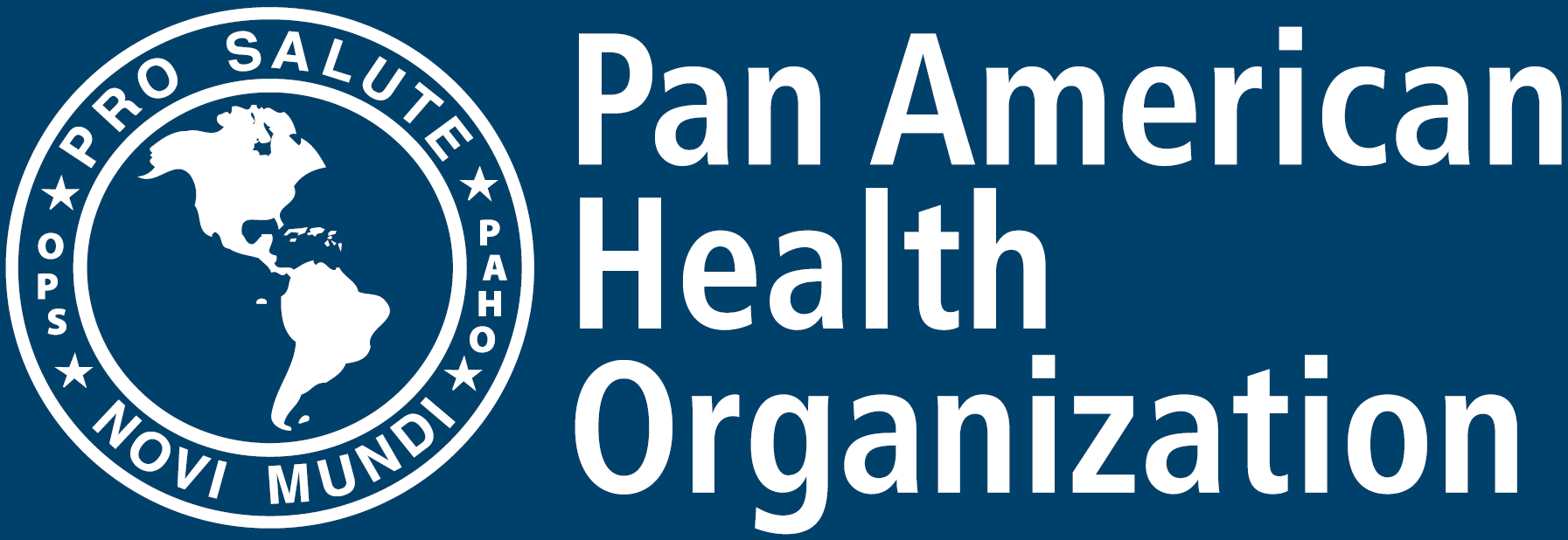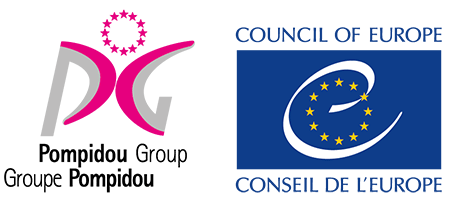Initiative that promotes the development and implementation of national drug policies, strategies, and/or plans of action through strengthening institutional capacities of the Americas in the formulation, implementation, and monitoring and evaluation of drug policies and strategies.
This initiative seeks to address the lack of drug policies and action plans for implementation, and incomplete draft drug policies that need to be approved. Drug policies determine and articulate actions, interventions, and programs that address various aspects of the drug problem. Likewise, they represent a political commitment that stimulates discussions and coordinates work between different state sectors and other key actors in order to achieve a comprehensive, effective, and collective response to the problem.
The methodology supports the policymaking process from drafting to approval. Technical assistance (in-country and virtual) and training provide guidance, knowledge, and skills in formulating national drug policies, implementation, and monitoring and evaluation plans.
ES-CICAD/OAS has undertaken a multi-decade effort to provide technical assistance and training to countries on the development, implementation, and strengthening of national drug policies.
Recent projects focused on:
Relevant tools and publications:
- “How to Develop a National Drug Policy” A Guide for Policymakers, Practitioners, and Stakeholders. Available in English and Spanish. Upcoming in French and Portuguese (in 2024).
- Universal Training Curriculum for National Drug Strategies (UC-NDS). Available in English and Spanish. Upcoming in French (in 2024).
- Increased the number of drug policies, strategies, and plans developed and updated in participating countries.
- Increased technical capacity of National Drug Commissions and key stakeholders in the development, implementation, monitoring, and evaluation of drug policies, strategies, and plans.
- Improved access to supporting tools for developing the components of a national drug policy (manuals, guides, training curriculum, etc.).
- Conducting gap analysis / diagnostic study.
- Organizing a two-day in-country meeting: stakeholder engagement and strategic planning for the drug policy.
- Providing technical assistance on how to develop of the national drug policy, including but not limited to:
- Area 1: Identifying needs and understanding public policies and evidence-based policymaking.
- Area 2: Promoting interagency cooperation.
- Area 3: Formulating the national drug strategy.
- Area 4: Developing logic models and the plan of action.
- Area 5: Monitoring and evaluation framework.
- Area 6: Budget and resources planning.
- Area 7: Approval and adoption of the national drug policy.
- Training on drug policymakers and implementers using the Universal Training Curriculum on National Drug Policies (UC-NDS).
- Training of trainers using the UC-NDS.
- Optimizing / adapting the UC-NDS to country needs.
- Following-up technical assistance that includes review the draft versions of the national drug policies and provides recommendations for their improvement.
- Improvement of global training packages pertaining to drug policymaking.
- Contribution of standardized drug policy-making processes.
- Strengthen of the transnational coordination to address the drug problems.
- Increasement of good practices sharing on drug policymaking.
- Increased dialog and interagency coordination between National Drug Commissions and stakeholders to respond to the drug problem, as measured by the number of coordination meetings held, coordination mechanisms implemented, and MOUs signed/revised/or updated by country.
- Increased knowledge and skills of drug policymakers in National Drug Commissions and stakeholders in the development of national drug policies –including strategic planning, action plans, and monitoring and evaluation plans– as measured by pre- and post-test exams and knowledge demonstration by trainees.
For the Americas: Antonio Lomba, Unit Chief, Institutional Strengthening, Executive Secretariat of the Inter-American Drug Abuse Control Commission of the Organization of American States (ES-CICAD/OAS), Email: alomba [at] oas [dot] org (alomba[at]oas[dot]org) Website: https://www.oas.o




